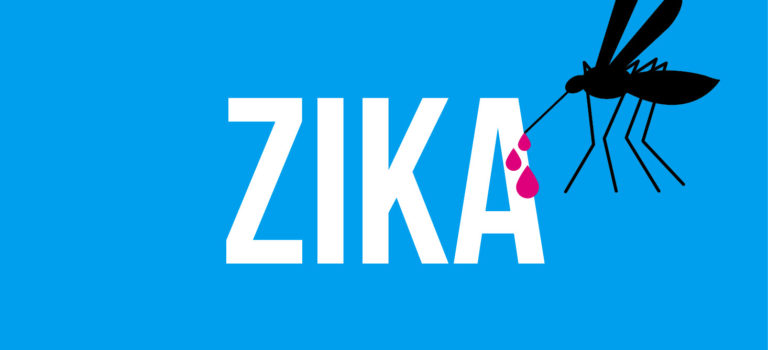With summer fully upon us and outdoor activities increasing, Zika virus and its implications for pregnant women has been at the top of most news stories. The World Health Organization (WHO) has declared the Zika virus an international public health emergency, only the fourth time it has declared this state, prompted by growing concern that it is causing microcephaly, the development of unusually small heads and brain damage in newborns. The medical concern and the media have created lots of questions for our clinic.
Officials at the Centers for Disease Control and Prevention (CDC) have urged pregnant women against travel to about two dozen countries, mostly in the Caribbean and Latin America, where the outbreak is growing. In Brazil, more than 5,600 cases of microcephaly have been reported since October, and while it has not yet been proven Zika is causing any of these cases, the evidence is strengthening.
Zika virus is transmitted primarily to people through the bite of an infected mosquito from the Aedes genus, mainly Aedesaegypti in tropical regions. These are the same type of mosquitoes found in several parts of the United States, including Louisiana. With the mild winter we in the South have experienced this year, there is major concern that Zika could pose a big problem for our region this spring.
While cases of transmission have been documented primarily through mosquito bites, transmission of the virus has also been linked to blood transfusions, perinatally from mother to unborn child (the big scare), and sexually transmitted during intercourse.
People infected with the Zika virus typically have symptoms that are relatively mild. Only one of five people infected with the virus develop symptoms, which can include fever, rash, joint pain and red eyes. Those infected usually do not have to be hospitalized. The virus does not appear to linger in the body, and people who recover from the infection are immune.
For our patients who are either pregnant or undergoing fertility treatment, we are urging them to cancel trips to areas of active Zika transmission. The most dangerous time is thought to be during the first trimester of pregnancy, although experts do not know how the virus enters the placenta and damages the growing brain of the fetus.
Further, since the virus can be transmitted in the urine, saliva, and semen for about 30 days after infection, we have deferred treatment in patients returning from areas endemic for that period of time. Communication with your doctor about whether you feel you or your partner may have been exposed is essential during treatment.
There is no vaccine for the Zika virus, so infection prevention is key. Avoid mosquitoes by wearing long shirts and pants, staying indoors, and using mosquito repellents with DEET. Also, dispose or treat any areas of free standing water where mosquitoes breed.
If you suspect you may have the Zika virus, avoid further mosquito bites. During the first week of infection, Zika virus can be found in the blood and passed from an infected person to another mosquito through mosquito bites. An infected mosquito can then spread the virus to other people.
Additionally, since Zika can be spread through semen, men should refrain from sexual intercourse or use a condom for at least 30 days after infection or traveling from a country suspected of having high rates of Zika.
If you are still concerned about Zika and your pregnancy, please visit the CDC’s website. Additionally, the New York Times recently published an article with informative questions and answers about the virus that we have found informative and helpful.

